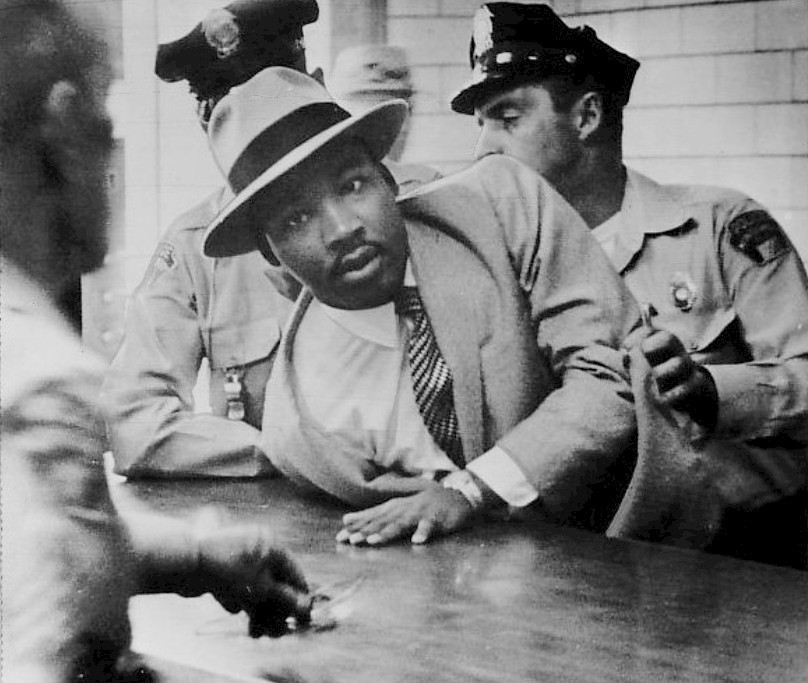My prayer on MLK Day: Forgive us the sin of patience
There’s a time for reconciliation, for prayers for unity and healing. This is not such an hour.

c. 2017 Religion News Service
(RNS) December 1955, Holt Street Baptist Church, Montgomery, Ala.
That day, a courageous community activist, Rosa Parks, had been forced off a city bus and jailed.





